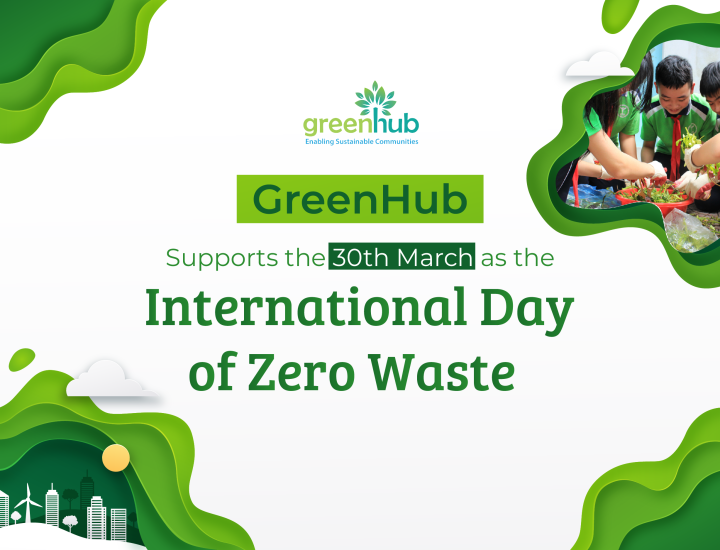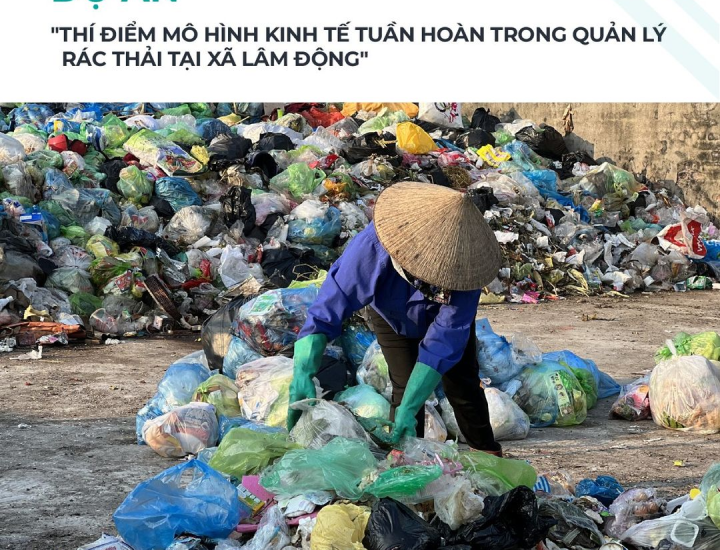Chewing Gum and what you did not know


Chewing gum is very familiar to each of us, especially for students, students, and most recently, those who use it to better their teeth or reduce the frequency of smoking.
But, every year, the world produces about 600,000 tons of chewing gum. Most of it is thrown away as a type of garbage, even being “sprayed” on the road surface, forming ugly, dirty black stains…
So how can chewing gum cause impacts, and how do countries worldwide deal with chewing gum?

Gum = sweetener + gum base (made of neoprene/resin) + softener + flavoring
So isn’t chewing gum a single-use plastic that’s hard to collect and handle?

Gum has a massive impact on the environment:
The gum-base or 20-30% by weight of waste residue in each gum is an elastic synthetic rubber that retains its properties almost indefinitely under all conditions: weatherproof, resistant to aggressive chemicals, and strong adhesive properties.
Due to its ability to adhere to surfaces, chewing gum is difficult to clean. Zero Waste Scotland estimates that it costs £1.50 to clean each piece of chewing gum, while the product itself costs just a few cents. According to documents from the UK Parliament’s Office of Science and Technology, the local government spends more than £400 million on the street cleaning each year.

Just One Ocean estimates that 374 billion gum bars with an estimated total weight of 100,000 tons were produced. If not collected and treated, it means that up to 100,000 tons of plastic pollution are released into the environment each year.
Gum cleanup adds to this cost and can lead to higher prices in the long run due to pavement damage from chewing gum.

The most common methods of removing gum residue are using water or steam, sometimes with chemical agents, to soften, dissolve, or break the gum’s stickiness.
However, these options all have unwanted side effects, including:
- Water or steam used under high pressure can damage the grout connecting the paving bricks;
- Cleaning may damage the surface material. For example, asphalt melts at high temperatures.
- Spot cleaning is less damaging but more time-consuming than methods of cleaning the entire floor in one go.
- Water-intensive vehicles or bulky equipment will cause discomfort to pedestrians. As a result, work is often done at night, which means noise levels need to be considered.
- Bulky equipment may need to be allowed to enter the area to be cleaned;
- Generating steam can consume a large amount of energy.
Experience in countries around the world:
Singapore:

Singapore introduced a complete ban on chewing gum in 1992. However, this was loosening in 2002 when sugar-free gum was sold by prescription as part of a trade agreement with the United States. Currently, Singapore still strictly prohibits the import of chewing gum, with some exceptions being products registered as therapeutic products under the Medical Products Act or dental rubber products if specific requirements are met, especially the concentration and weight of certain substances, or register as a prescription product in the Medical Products Register.
Korean:

The Waste Charge System has been in place in Korea since 1993 under the Waste Control Act. A waste toll system is a policy that holds manufacturers and importers responsible for the cost of waste disposal of products, materials, and packaging that contain hazardous or difficult to recycle substances. Gum is one of the products under this system, with a fee determined at 1.8% of the selling or import price.
The U.K.:

The Department for Environment, Food and Rural Affairs (Defra) announced that it had reached an agreement with gum manufacturers, including Mars Wrigley, GlaxoSmithKline, and Perfetti Van Melle, which will invest £10 million over the next five years to reduce the indiscriminate disposal of chewing gum. The money is managed by the Keep Britain Tidy.
Iceland:

The government requires plastic-free labels on food products by the end of 2023 and introduced Simply Gum, which is made from natural and fully biodegradable ingredients, better for the environment.
France:

The Law on Disposal Prevention and Circular Economy has broadened the scope of EPR applications such as chewing gum, cigarette butts, diapers, underwear, disposable diapers, gardening products, etc. Regulations for chewing gum made from non-biodegradable synthetic resins must apply EPR from January 1, 2024.
Sweden:

Sweden also extends labeling requirements to more product categories than the EU Directive. Consumers are informed about the single-use plastic properties, adequate handling, and associated environmental impacts of products, including chewing gum.


